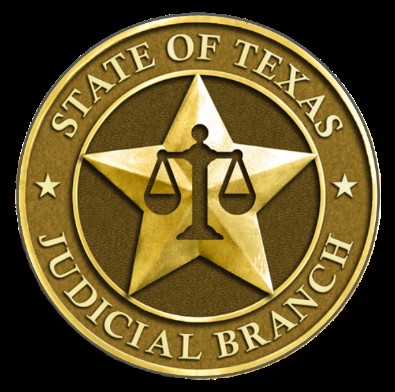One evening, sitting by the fireplace, sipping on a cup of hot coco, I found myself musing on the subject of contract interpretation. I was pondering various active cases and my fading memory of my first year of law school when I had two revelations: 1) I am getting old, and 2) I had no idea if “construe against the grantor” was a rule or a canon. I suspected that I was not the first attorney to have this particular question, so I became determined to find the answer and share it with you.



